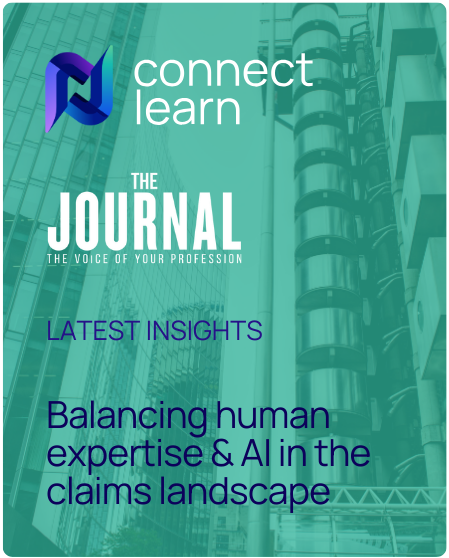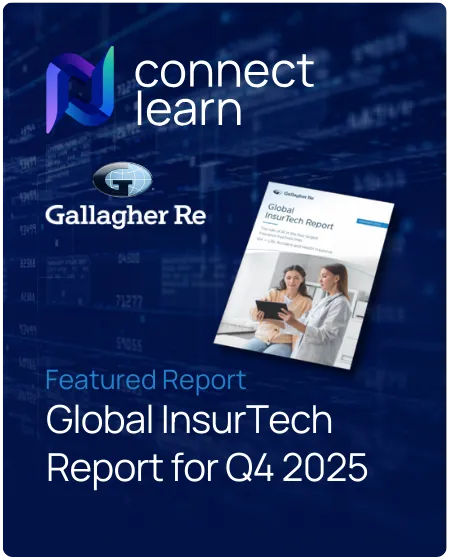Chris Hall explores how AI and robotics are reshaping the claims process with significant impacts on both low-value and complex claims.
The question of whether robots will replace human professionals continues to be a hot topic. Artificial intelligence (AI) has become a prevalent term, frequently used by politicians and business leaders alike.
From minor car accidents to multimillion-pound corporate losses, the UK’s claims landscape is poised to be reshaped by smart automation, data-driven decision-making, and machine learning tools. However, I believe the impact of these technologies differs significantly between low-value claims and high-value complex claims, each presenting distinct challenges and opportunities.
AI refers to systems capable of performing tasks that traditionally require human intelligence, such as decision-making, pattern recognition, and natural language processing. These technologies require significant time, investment, and extensive datasets to develop. In contrast, Robotic Process Automation (RPA) focuses on automating repetitive, rule-based tasks. The combination of AI and RPA is being increasingly implemented across the insurance claims process to enhance speed, accuracy, and customer satisfaction.
Low-value claims typically encompass minor motor accidents, small home contents claims, or basic travel claims. These claims are usually straightforward, characterized by clear documentation and minimal disputes. AI – particularly machine learning – enables fully automated claims processing based on predefined rules and algorithms, with some claims potentially being settled within minutes of submission.
At QuestGates, we manage complex and specialist claims involving significant financial exposure, multiple stakeholders, or ambiguous circumstances. Examples include business interruption claims, high net worth claims, and complex property damage. These claims often require expert input and negotiation, as well as empathy and support for the customer. When a client is suffering significant damage, having a single human point of contact to guide and support them is crucial.
While AI and robotics play a vital role in enhancing efficiency and speeding up decision-making, they are most effective when used alongside human expertise for these complex claims. Here are some ways we are looking to integrate AI and RPA into our business:
- Augmenting Decision-Making: AI processes large datasets to provide insights and predict potential outcomes, while human experts guide the decision-making process.
- Document Analysis: Natural Language Processing techniques scan and summarize complex contracts, policies, and case law, helping loss adjusters quickly make policy liability decisions.
- Workflow Management: AI tools triage cases based on urgency, complexity, and potential risk, ensuring efficient resource allocation.
- Reserve Accuracy: Predictive analytics improve the precision of reserve setting.
Despite AI’s capabilities, high-value complex claims still require expert judgment, negotiation skills, and sector-specific knowledge that machines cannot replicate fully. AI serves as a tool to expedite the claims process and improve the customer experience, but it cannot replace human expertise in these situations.
While the benefits of AI and robotics are clear, their adoption also presents challenges. The UK Financial Conduct Authority is closely monitoring the ethical and transparent use of AI in claims processing. Moreover, handling personal and sensitive data with AI necessitates robust cybersecurity and compliance practices.
In conclusion, AI and robotics are expected to revolutionize the claims process, enhancing efficiency and service for low-value, high-volume claims. For high-value complex claims, these technologies will support – rather than replace – human expertise. For many policyholders, making a claim is a rare event, and as technology continues to evolve, successful loss adjusters and claims specialists will be those who balance automation with human judgment, ensuring that policyholders’ needs and vulnerabilities are always considered.
Chris Hall is chief executive of QuestGates Group














